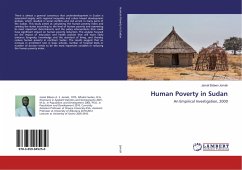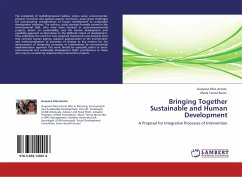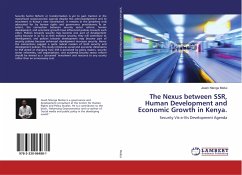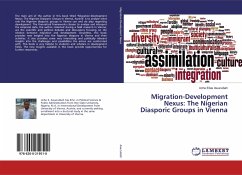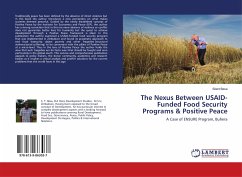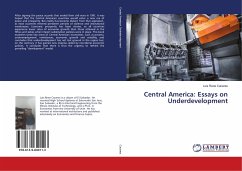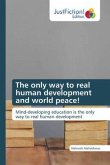There is almost a general consensus that underdevelopment in Sudan is associated largely with regional inequality and urban biased development policies, which resulted in social conflicts and civil unrest in many parts of the Sudan. This study aimed at calculating the human poverty index and ranking the states according to the level of human poverty and examining its most important determinants and the policy interventions that could have significant impact on human poverty reduction. The analysis focused on the impact of education and health policies that will more likely enhance longevity, knowledge and the standard of living, and thereby reduce human poverty in northern Sudan. The results suggest that an increase in enrolment rate in basic schools, number of hospital beds or number of doctors tends to be the most important variables in reducing the human poverty index.
Bitte wählen Sie Ihr Anliegen aus.
Rechnungen
Retourenschein anfordern
Bestellstatus
Storno

